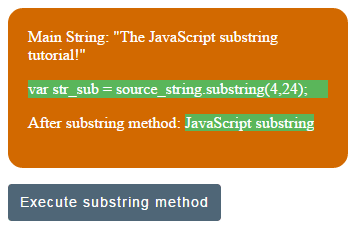

Since we are executing python bytecode using apply, it will be slow. Also, note that I'm using a raw string (using an r prefix) to make sure characters aren't escaped in the original string. Strings are immutable in Python, so you can't assign like i = 'H'. replace ('er', 'u') Out : 'whatevu' In : mystring Out : 'whatever'.

The result is a string that would produce the original if Python were to evaluate it. It will give us a list with two strings i. Appending to a list or replacing an element is a fast operation, but appending to a string involves copying the string to a new string and then adding the new character this gives O(N**2) performance, very bad. lovess" I tried the following code: import pandas as pd text="i loves us. After … As pointed out by michaelb958, you cannot replace in place with data of a different length because this will put the rest of the sections out of place. > s = '%s and %s' > s % ('cats', 'dogs' ) > aa = 'abcdefghijkl' > changed = aa + 'A' + aa > print changed abcdefghijAl.
#No suitable method found for substring java how to#
How to replace string replace ending with a. We use single quotes or double quotes to represent a string in Python. However, Unicode strings and 8-bit strings cannot be mixed: that is, you cannot match a Unicode string with a byte pattern or vice-versa similarly, when … Returns True if all characters in the string are whitespaces.

Remove more than 1 period in String - Python. The slice string starts at index 0 and goes up to, but not including the last character of the string. replace () would, including ignoring word boundaries.


 0 kommentar(er)
0 kommentar(er)
